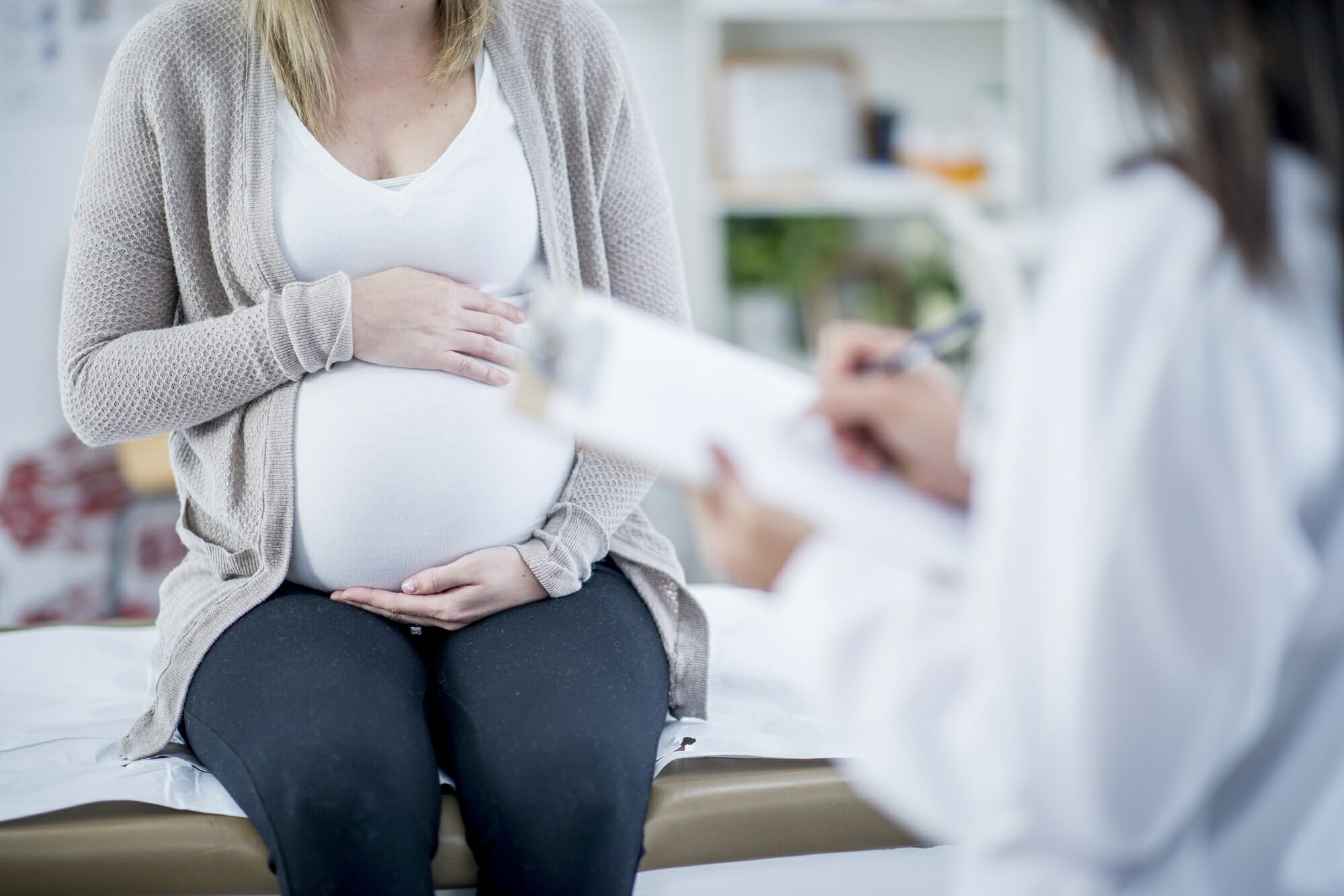The risk of adverse pregnancy outcomes among cancer survivors may vary by cancer type, according to a study published in JNCI Cancer Spectrum.
The study showed that patients who were diagnosed with gynecologic cancers as an adolescent or young adult (AYA) had an increased risk of adverse outcomes of pregnancies later in life.
However, there was no increased risk of adverse outcomes for survivors of thyroid cancer, breast cancer, melanoma, or lymphoma.
For this study, researchers analyzed data on 1648 births in 1268 AYA cancer survivors and 7879 births in 6066 patients with no prior cancer history. Post-diagnosis births in AYA cancer survivors were matched with up to 5 births in patients without a cancer history.
The AYA cancer survivors had been diagnosed with thyroid cancer (35%), melanoma (23%), breast cancer (19%), lymphoma (16%), and gynecologic cancers (7%).
There were no significant differences between the cancer survivors and the control group for the following adverse birth outcomes:
- Delivery before 37 weeks (risk ratio [RR], 1.11; 95% CI, 0.94-1.32)
- Delivery before 34 weeks (RR, 1.31; 95% CI, 0.93-1.85)
- Low birth weight (RR, 1.03; 95% CI, 0.84-1.27)
- 5-minute Apgar score less than 7 (RR, 1.12; 95% CI, 0.70-1.81)
- Any birth defect (RR, 1.03; 95% CI, 0.80-1.33).
However, the AYA cancer survivors were less likely than the control patients to have offspring that were small for their gestational age (RR, 0.82; 95% CI, 0.69-0.99).
In addition, among patients who smoked during pregnancy, the risk of preterm birth was higher for the AYA cancer survivors than for the control patients (RR, 2.26; 95% CI, 1.28-4.00).
The cancer survivors also had an increased risk of preterm birth (RR, 1.42; 95% CI, 1.05-1.90) and having a child with a low birth weight (RR, 1.52; 95% CI, 1.06-2.17) if they were obese prior to pregnancy.
The researchers also found that survivors of gynecologic cancers had a “borderline” increased risk of delivery before 37 weeks (RR, 1.59; 95% CI, 0.99-2.54) and a significantly increased risk of having a child with a low birth weight (RR, 1.75; 95% CI, 1.01-3.02) when compared to control individuals.
However, there were no increased risks of adverse birth outcomes for patients who survived the other cancers studied.
“While these findings may provide some reassurance to women who want to have biological children after AYA cancer, they should be interpreted in the context of prior reports on these associations,” the researchers wrote. “Additional studies with cancer site-specific analyses according to treatment and other characteristics would further our understanding of reproductive outcomes in this population.”
Disclosures: One study author declared affiliations with biotech, pharmaceutical, and/or device companies. Please see the original reference for a full list of disclosures.
This article originally appeared on Cancer Therapy Advisor
References:
Anderson C, Baggett CD, Engel SM, et al. Risk of adverse birth outcomes after adolescent and young adult cancer. JNCI Cancer Spectrum. Published online December 21, 2023. doi:10.1093/jncics/pkad106
